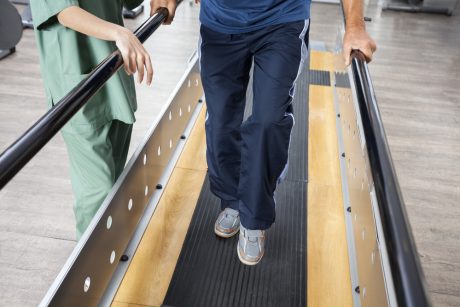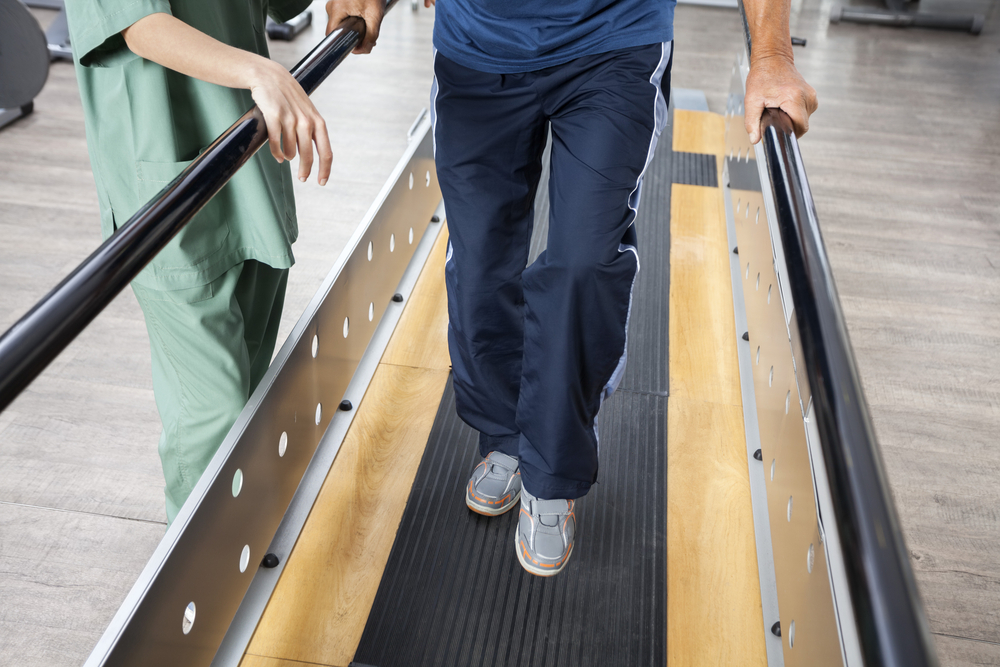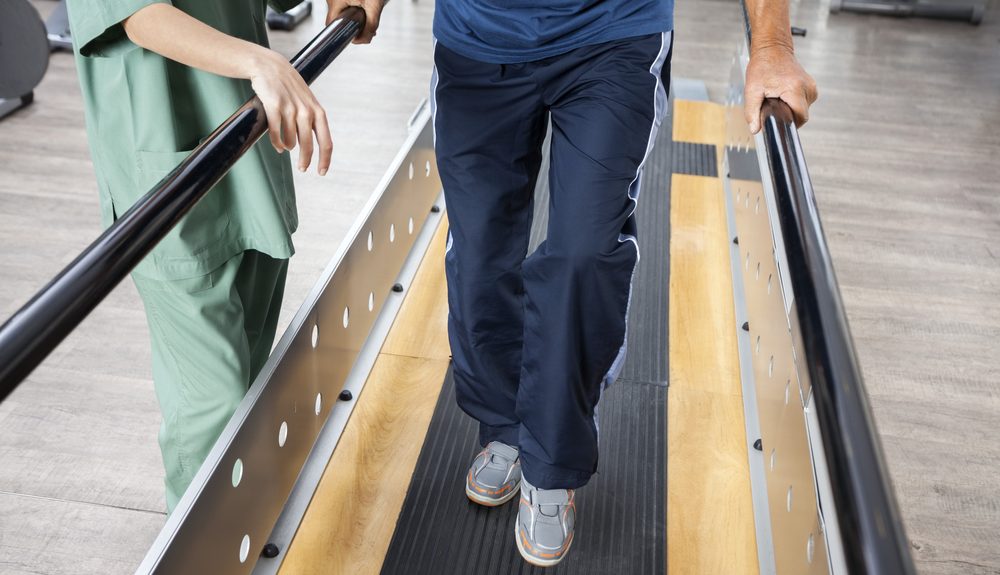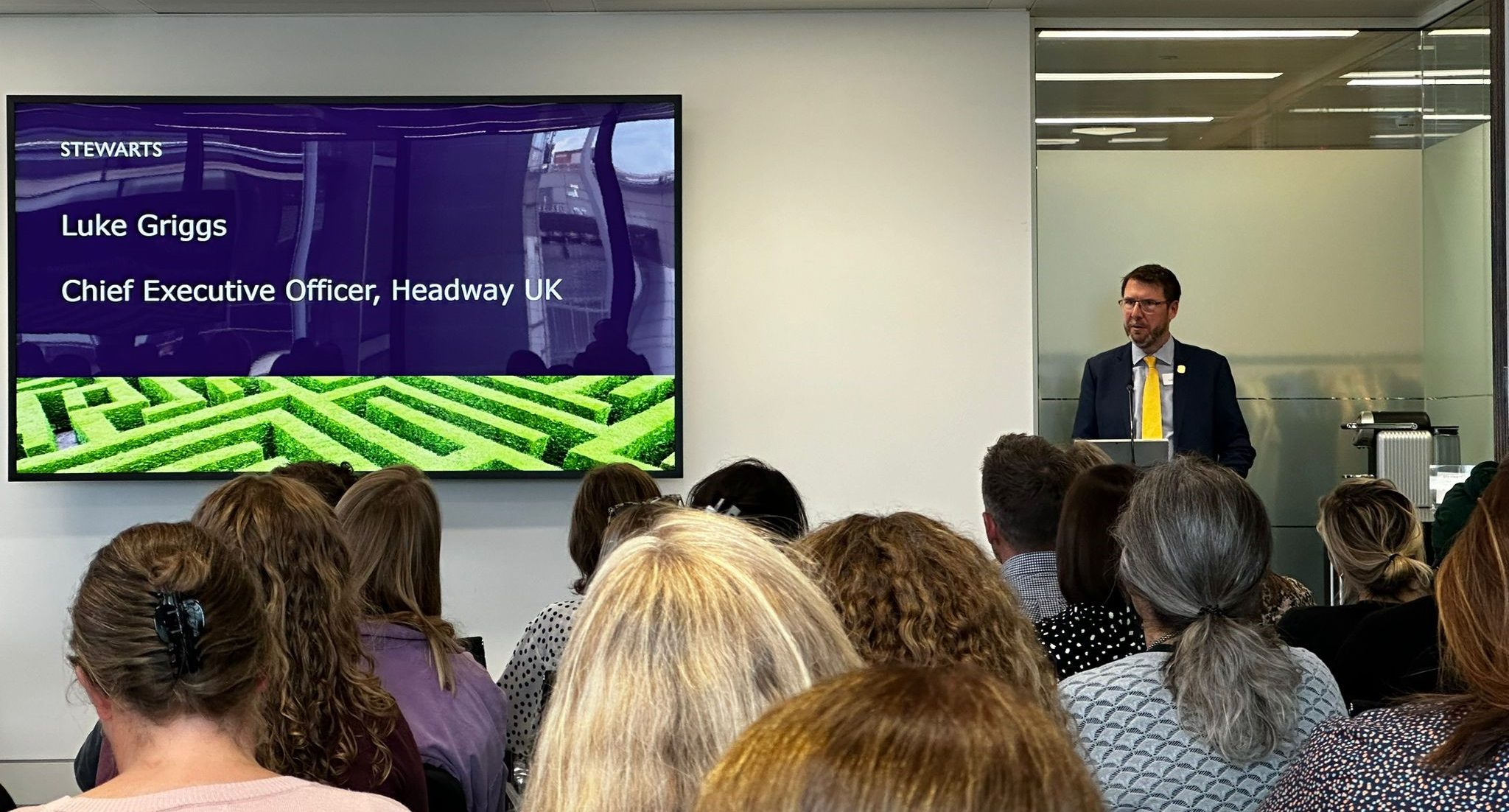The main result a catastrophic injuries solicitor can deliver from a compensation claim is a sum of money for the claimant. There are different ways the money can be paid. However it is paid, it is intended, as far as possible, to place the claimant in the position they would have been in had their injuries not occurred.
The compensation cannot cure their injuries, but it can provide opportunities for rehabilitation and enable the claimant to pursue former interests and hobbies. It is vital that the claimant uses the opportunities that arise once interim compensation payments become available to them.
In this article, first published in the Brain and Spinal Injury Handbook 2025/2026 edition, partner Ben Townsend explains the importance of maximising rehabilitation.
Funds becoming available
There are a variety of ways in which money can become available to a claimant during their compensation claim. First, their rehabilitation may be funded directly by the defendant’s insurance company by way of interim payments (see more on this below).
Second, goods and/or services may be provided through statutory services, such as a wheelchair or care. If funds are not otherwise available, the claimant’s solicitor should help the claimant receive as much assistance as possible from statutory services. The claimant is not obliged to use statutory services, but it may be appropriate to use them even if interim payments are available.
Third, in many cases, money will become available through one or more interim payments of compensation by the defendant. These are payments on account of the final compensation settlement the claimant will be awarded.
The most important of these is interim payments, which the claimant can start to receive at any point before final settlement of the claim. They are more likely to be made once fault on the defendant’s part has been conceded, but they can be made at any point, depending upon the circumstances of the case. Sometimes, the defendant’s insurer will agree to make an interim payment during the first conversation about the case with the claimant’s solicitor. One of the key jobs of the claimant’s solicitor is to press the defendant’s insurance company to make interim payments.
Whatever funds or assistance is provided, the claimant should use the money and/or goods and services to make the best possible recovery from their injuries. Maximising their recovery will also help both sides to understand the claimant’s full extent of the claimant’s injuries. This allows more effective and quicker settlement negotiations to take place.
Maximising rehabilitation potential
Interim payments are made once it is clear the claimant is likely to succeed with their compensation claim, at least to some extent. Once interim payments are available, the claimant must decide how best to spend them. They will receive expert advice on this from the legal and rehabilitation teams working with them.
The money will often partly replace earnings that are no longer coming into the household because of the claimant’s injuries. The claimant will also need to use the money to pay for rehabilitation. This will include equipment and therapies recommended by the multidisciplinary rehabilitation team their case manager will assemble to support them.
Exploring interests
The claimant should use the opportunity for rehabilitation but should not restrict themselves to medically indicated interventions. They should also explore the interests and hobbies they had before their accident, as well as any new ones they may like to try.
Often, claimants feel discouraged because they presume they will be prevented from taking part in the interests and hobbies they had before their injuries. However, for many claimants, their injuries will not stop them from taking part. They will often need to purchase new equipment and adjust how they approach their interests. For instance, a claimant who wants to return to skiing post-injury may face higher travel expenses. Depending upon the type of injury they have sustained, they may require equipment to allow them to ski, such as a specialised prosthesis for an amputee or a ski chair for a person with paraplegia.
It is important that a claimant who is interested in skiing explores the options with the help of their case manager and experiments with going on a skiing holiday. Through experimenting with the ways in which they can rejoin their hobby, the claimant can identify what equipment and adaptations work for them and their cost. This will give them the best opportunity to return to their interest in an enjoyable way.
An added benefit of trying out hobbies is that it is much more compelling to provide lived experience to the court justifying the expenditure. It is easier to say to a judge: “I really like taking part in this hobby, so I spent this extra money on it, and I would like to be provided money which will allow me to continue to take part in it for the rest of my life.” It is more difficult to say to a judge: “I would like to take part in this hobby in the future, and this is what I think it will cost.”
Experimenting with the hobby means the costs incurred and projected into the future will be more accurate than estimates based solely on expert evidence, as they will take into account expenses that may not otherwise be considered. For instance, as part of a skiing trip, the claimant may require extra legroom on an aeroplane, which may not have been anticipated beforehand.
Conclusion
It is often not difficult to obtain money to settle catastrophic injury claims. Obtaining the correct sum of money is always more challenging.
If a claimant explores their interests and hobbies with the input of experienced legal and rehabilitation teams, they will maximise their opportunities to recover from their injuries and secure the level of compensation they truly require.
You can find further information regarding our expertise, experience and team on our Personal Injury pages.
If you require assistance from our team, please contact us.
Subscribe – In order to receive our news straight to your inbox, subscribe here. Our newsletters are sent no more than once a month.






